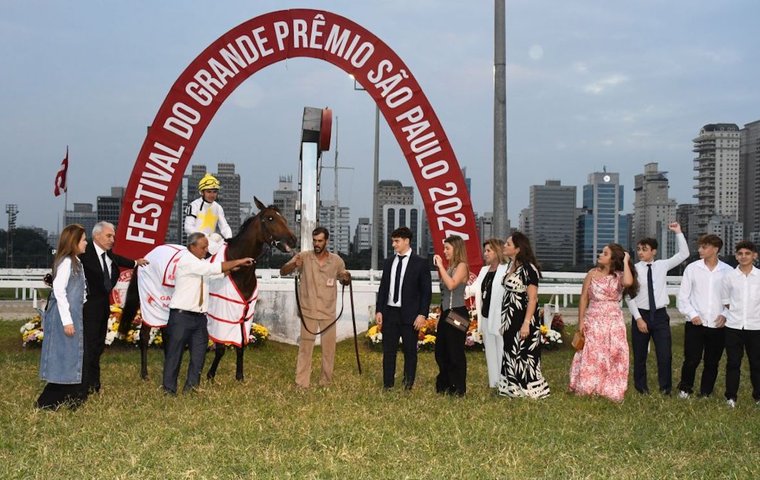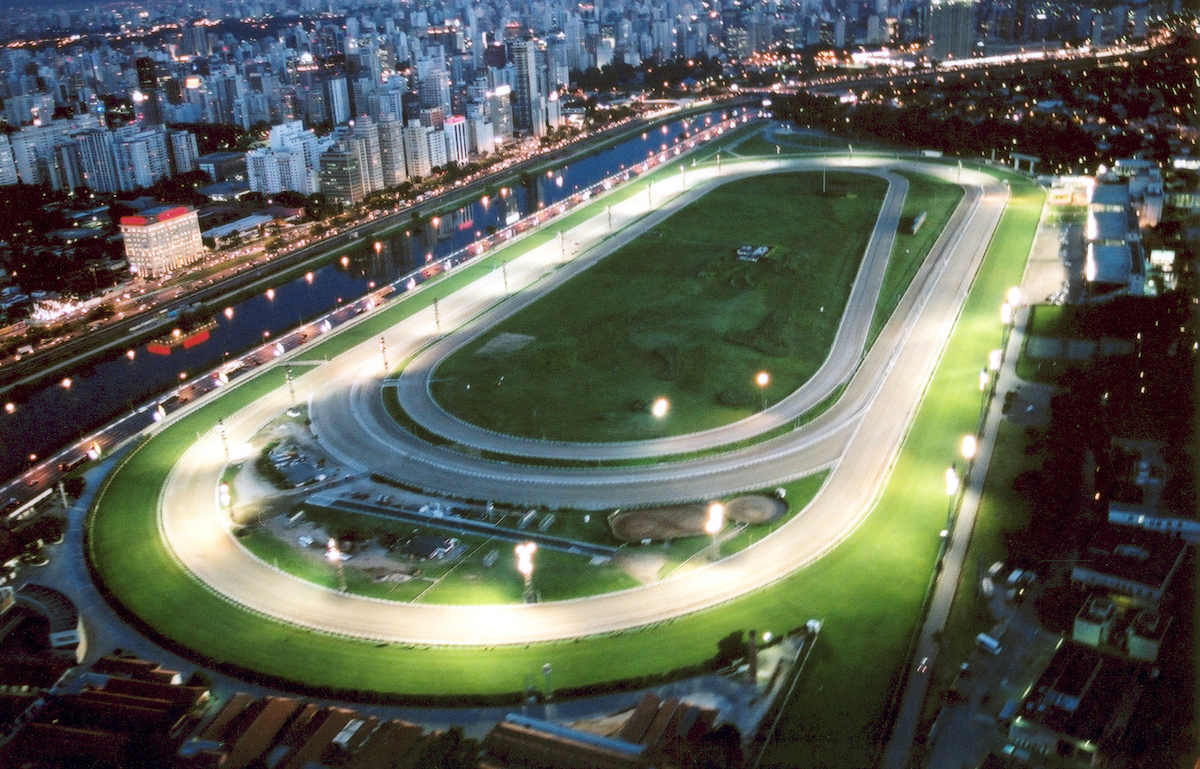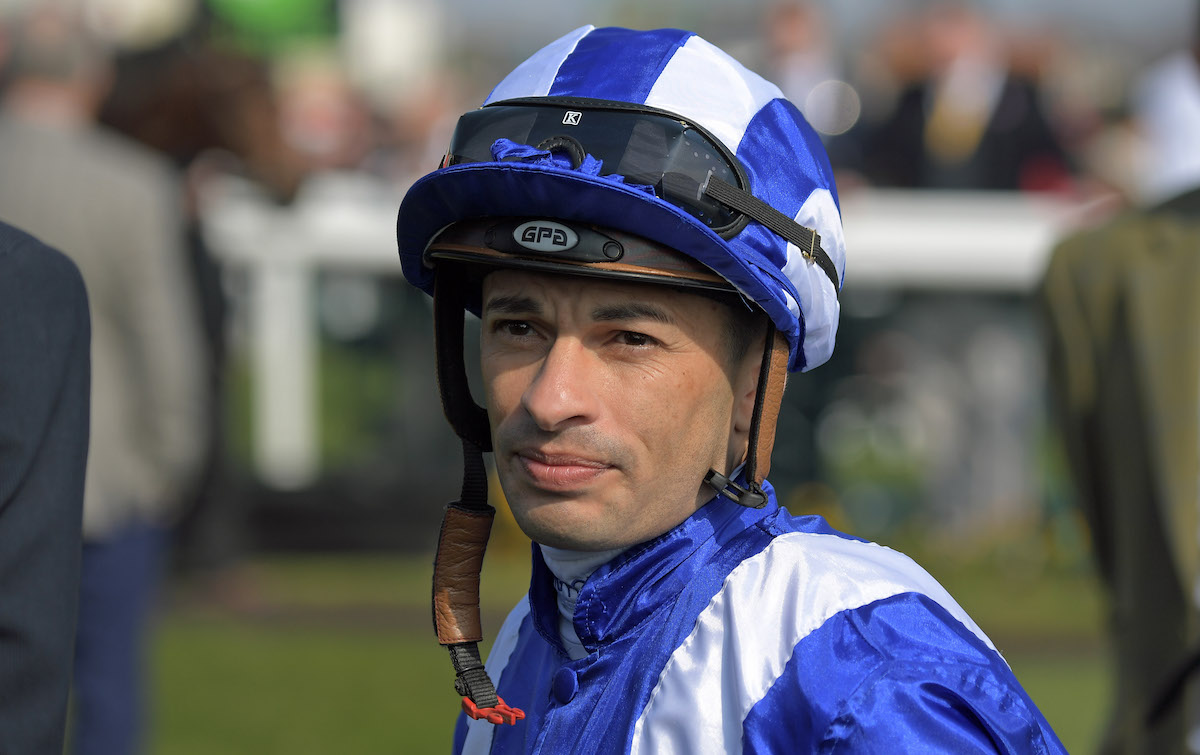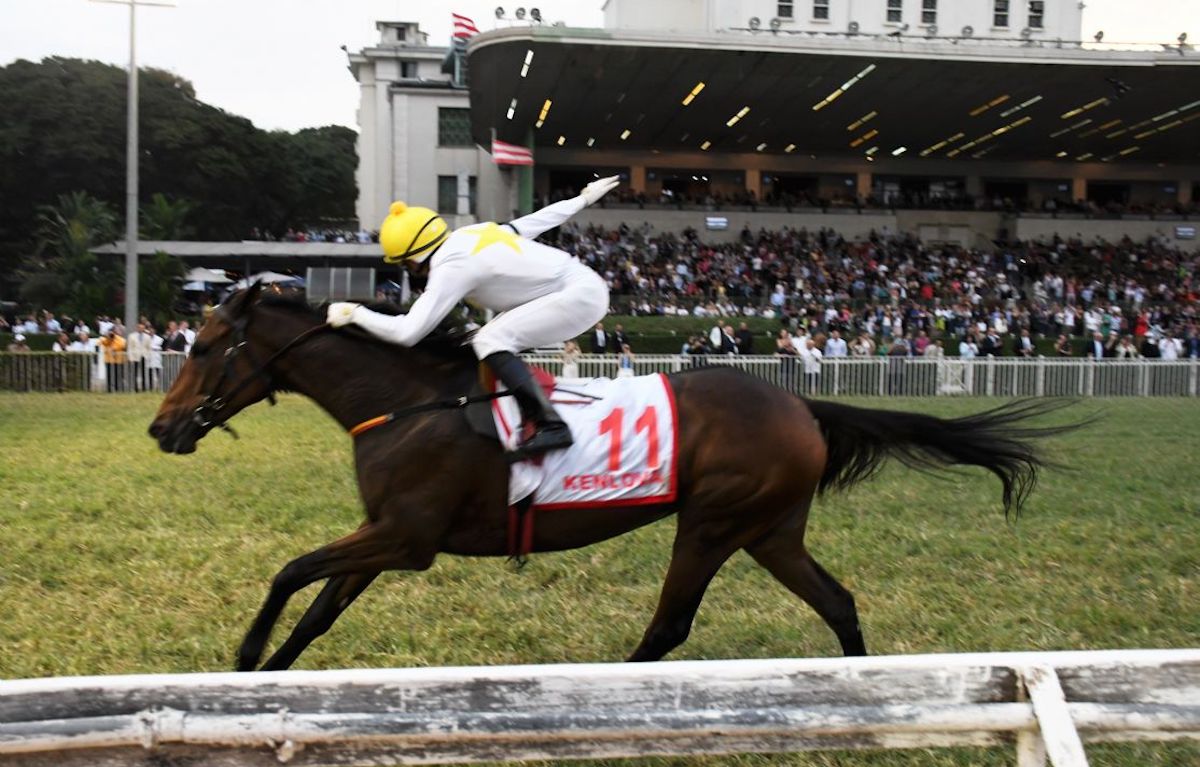
‘It would be a disaster,’ says three-time British champion jockey Silvestre de Sousa, who started out at the city’s famous Cidade Jardim racetrack
Brazil: Racing in one of Brazil’s two major racing centres is under threat after council officials in Sao Paulo approved a bill that would prohibit the sport in the city.
 On Wednesday, in a move that could prompt concerns for the future of racing more widely, a proposal brought by councillor Xexeu Tripoli was voted on unanimously and now awaits sanction from mayor Ricardo Nunes.
On Wednesday, in a move that could prompt concerns for the future of racing more widely, a proposal brought by councillor Xexeu Tripoli was voted on unanimously and now awaits sanction from mayor Ricardo Nunes.
Tripoli, who labelled the notion as “a historic moment for Brazil” according to local media, believes he has the support of Nunes. "So that animals that run for humans to have entertainment and make money, that no longer exists," he said.
The decision would seem set to spell the end of racing at Hipodromo de Cidade Jardim (‘Garden City’), which is overseen by the Jockey Club de Sao Paulo and is one of the two main racecourses in Brazil along with Hipodromo da Gavea in Rio de Janeiro.
Cidade Jardim first hosted racing in 1941, but its future, should the proposal be granted, includes plans for a municipal park that Tripoli says would be “a place for culture and entertainment”.
He first tried to ban the use of animals in sporting activities, specifically those involving betting, two years ago and those in support of transforming the site have pointed to the reported debts the Sao Paulo Jockey Club, which has yet to comment on the situation, owes to the city.
According to the bill, operations will have to cease 180 days from the publication of the law.
 Silvestre de Sousa, Britain’s three-time champion jockey, honed his riding talents at Cidade Jardim and described the move as a disaster.
Silvestre de Sousa, Britain’s three-time champion jockey, honed his riding talents at Cidade Jardim and described the move as a disaster.
“I started there and it would be a huge shame if they did that,” he said. “Brazil is such a big country and the number of horses is quite large too.
“A lot of horsemen started there as well and it’s one of the two main tracks in Brazil along with Hipodromo da Gavea. There are a couple of other gaff tracks in the country, but they’re very small and barely survive.
“It would be a disaster to lose one of the big tracks. It would be a big loss and mean a lot of jobs lost I presume.
“I have fond memories of riding there. They’d have big fields and good racing with top owners, and people would also train there – with more than 1,000 horses at the track – although there were private training centres elsewhere as well.”
The Grande Premio Sao Paulo, a G1 event over a mile and a half for three-year-olds and above, is one of Brazil’s most significant contests and the centrepiece of Cidade Jardim’s calendar, which is mainly punctuated by Saturday meetings.
 The most recent edition of the showpiece contest on May 19 was won by four-year-old filly Kenlova, beating subsequent GP Brasil winner Obataye by 3½ lengths.
The most recent edition of the showpiece contest on May 19 was won by four-year-old filly Kenlova, beating subsequent GP Brasil winner Obataye by 3½ lengths.
“In my early days there, 20 or so years ago, there would be a good atmosphere with 15 or 16 races a day,” added 43-year-old De Sousa, who won the 1,000 Guineas at Newmarket on Elmalka and captured the Dubai World Cup on African Story in 2014 on Godolphin’s African Story.
“It was a big, galloping track with a good layout and they’d achieve big crowd numbers on the big days, but I think racing in Brazil is in trouble financially.
“They might want the land, which would be very valuable to build on, although I don’t know that for sure.”
• Visit the Jockey Club de Sao Paulo website
Seven Days in Racing: Rich Strike, Irish Derby, Bedtime Story and more …
View the latest TRC Global Rankings for horses / jockeys / trainers / sires


